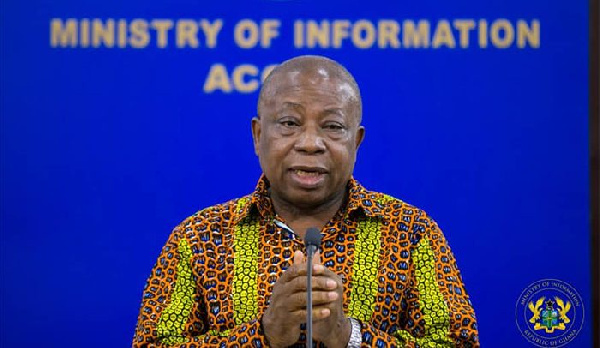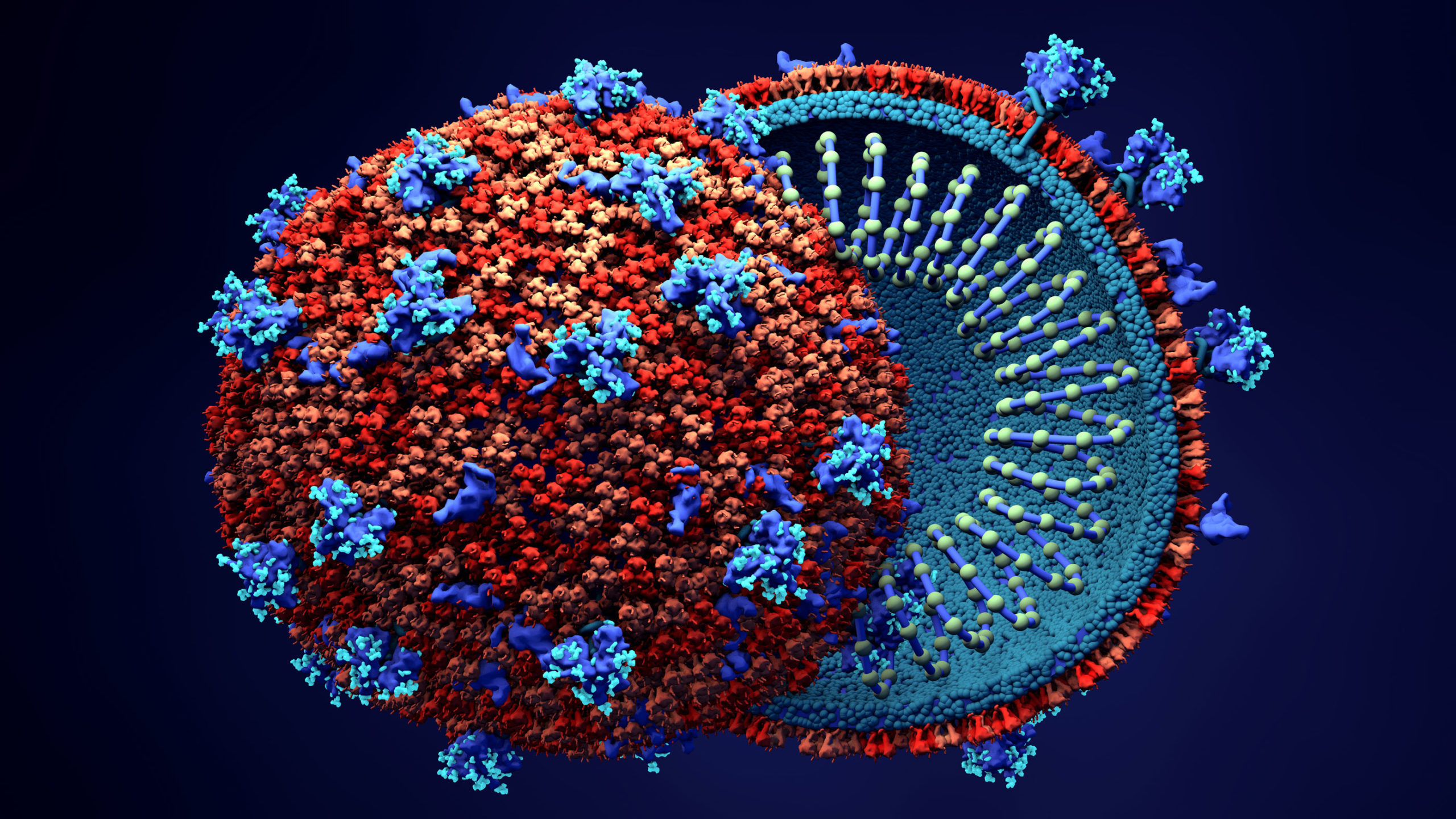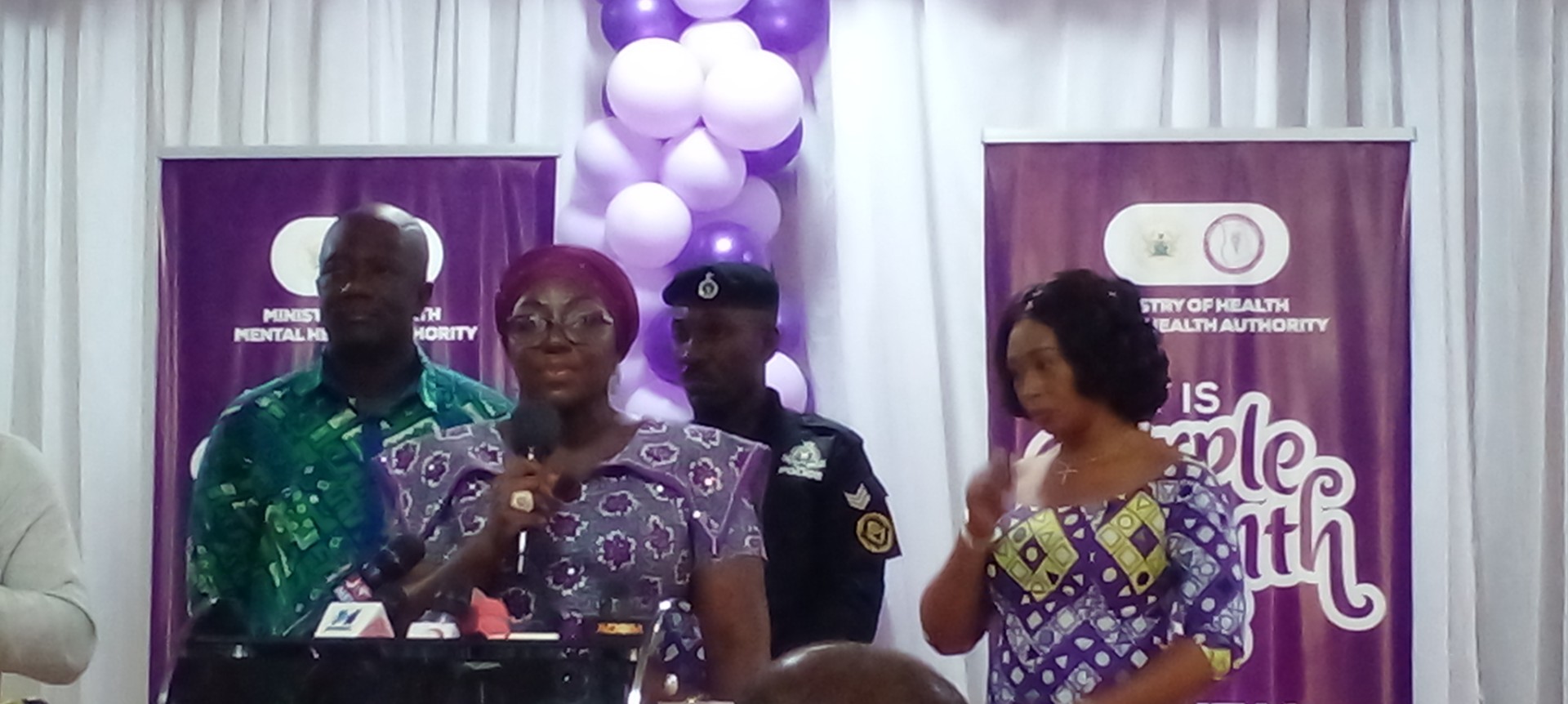
“The Delta variant is one of many variants of SARS-CoV-2, the virus that causes COVID-19. Other key variants are the alpha, beta and gamma,” he said.
“The Delta variant of the SARS-CoV-2 was first detected in Ghana in May 2021 when a random sample of COVID-19 positive samples were taken through genomic sequencing.”
The Minister said this in response to an urgent question by Mr Kwame Dzudzorli Gakpey, the Member of Parliament (MP) for Keta, who asked: “what urgent steps are being taken to address the highly contagious COVID-19 Delta variant that has been detected in the country.”
He said genomic sequencing had been a key component of Ghana’s response to the COVID-19 pandemic.
Genomic sequencing analyses the virus sample taken from a diagnosed patient and compares it with other cases.
Prior to Covid-19, genomic sequencing has been used in Australia to trace the source of outbreaks of food-borne bacteria and hospital infections.
After a Covid-19 test (which takes saliva from the back of the throat and nose) returns a positive result, the swab used goes through several steps to separate the RNA molecules from mucus proteins so they can be captured, then converted into DNA that can be read.
Mr Agyeman-Manu said the Ministry further confirmed the circulation of the Delta variant within the Ghanaian population this month, July, 2021.
He said the Delta variant was known to be more infectious and hence likely to result in an increase in the number of cases in general, and severe and critical cases as a consequence.
The Minister said the measures in place for preventing the transmission of COVID-19 had remained the same irrespective of the strain because the mode of spread for the virus was the same.
The increase in cases of severe illness relates more to the high infectivity of the variant.
The time-tested measures are appropriate face mask use, hand hygiene, use of alcohol-based hand sanitiser, and maintaining social distancing, he said.
Mr Agyeman-Manu said the Ministry and its partners were strengthening risk communication and social mobilisation of opinion, religious, and traditional leaders as well as key influencers like schools and workplaces to help spread the messages on adherence to the safety protocols.
There was also the strengthening of surveillance at all points of entry including landing beaches, and the scaling up of laboratory testing, case management and increased oxygen supply, he said.
The Minister urged the public to visit health facilities when unwell for testing and appropriate treatment and expressed the hope that the vaccination capacity would be improved.
Read Full Story
























Facebook
Twitter
Pinterest
Instagram
Google+
YouTube
LinkedIn
RSS